
Sharon Hesterlee, PhD, the chief research officer of the Muscular Dystrophy Association discussed the upcoming MDA Clinical and Scientific Conference, which will be held March 16-19, in Dallas, Texas.

Sharon Hesterlee, PhD, the chief research officer of the Muscular Dystrophy Association discussed the upcoming MDA Clinical and Scientific Conference, which will be held March 16-19, in Dallas, Texas.

The chief research officer of the Muscular Dystrophy Association discussed the upcoming MDA Clinical and Scientific Conference, which will be held March 16-19, in Dallas, Texas.

Paul Melmeyer, MPP, the executive vice president of public policy & advocacy at MDA, discussed the growing interest in gene therapy for the annual meeting.
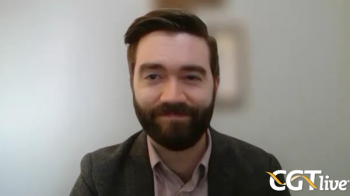
The vice president of Public Policy & Advocacy of the Muscular Dystrophy Association discussed the growing interest in gene therapy for attendees of the annual meeting.

In honor of Usher Syndrome Awareness Day, CGTLive® interviewed Zheng-Yi Chen, DPhil, associate professor, Otolaryngology–Head and Neck Surgery, Harvard Medical School, about the current state of research in this rare disease.

Jeffrey Chamberlain, PhD, McCaw Endowed Chair of Muscular Dystrophy at University of Washington, shared his outlook on the trajectory of research in the field.

Jeffrey Chamberlain, PhD, McCaw Endowed Chair of Muscular Dystrophy at University of Washington, highlighted studies presented at MDA's 2024 conference.

Jeffrey Chamberlain, PhD, McCaw Endowed Chair of Muscular Dystrophy at University of Washington, discussed his research career with muscular dystrophies.
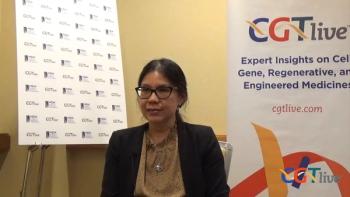
The clinical professor of neurology and pediatrics at Keck School of Medicine of USC also discussed current strategies with gene therapy administration.
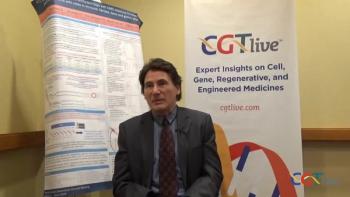
The lead scientist at Percheron Therapeutics discussed research on antisense oligonucleotide therapies in mouse models of DMD.
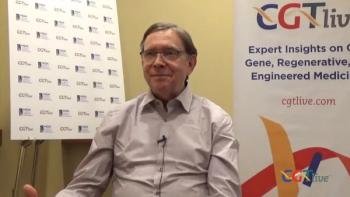
The McCaw Endowed Chair of Muscular Dystrophy at University of Washington shared his outlook on the trajectory of research in the field.
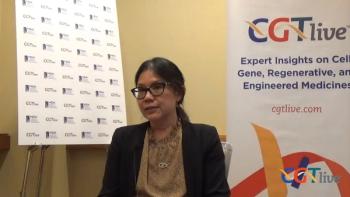
The clinical professor of neurology and pediatrics at Keck School of Medicine of USC discussed her talk on preparing for gene therapy administration.
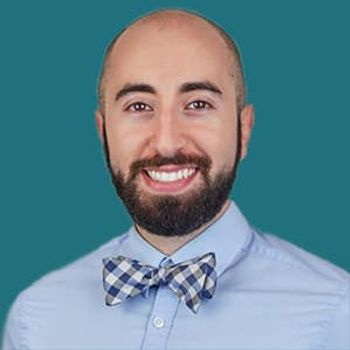
Omer A. Abdul Hamid, MD, pediatric neurologist at Nemours Children’s Health offered advice and discussed important practical considerations with administering gene therapies.
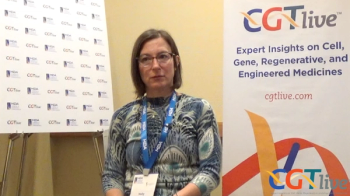
The senior research scientist at RTI International discussed how patient preference studies can help patients with rare diseases have their voices heard.
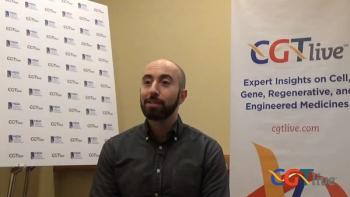
The pediatric neurologist at Nemours Children’s Health offered advice and discussed his experiences delivering pediatric gene therapy.
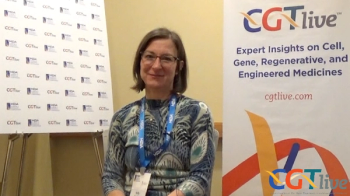
The senior research scientist at RTI International discussed the progress that has taken place in recent years with regard to patient preference research.
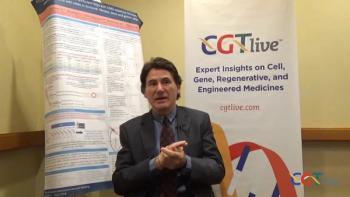
The lead scientist at Percheron Therapeutics discussed a phase 2 blinded study of ATL1102 being conducted in the Europe and Australia.
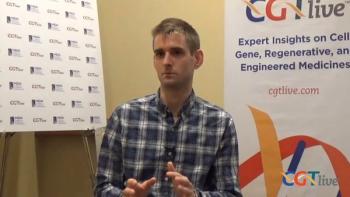
The postdoctoral scholar at University of California – Irvine discussed research aiming to link genetic variants and neurodegeneration.
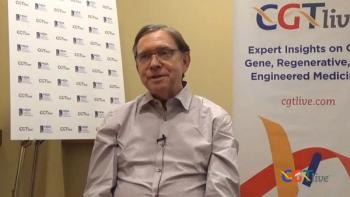
The McCaw Endowed Chair of Muscular Dystrophy at University of Washington discussed highlights from the meeting.
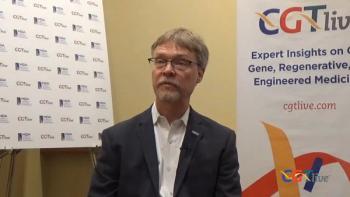
The director of the Manton Center for Orphan Disease Research at Boston Children’s Hospital discussed takeaways from an MDA session on rare diseases.
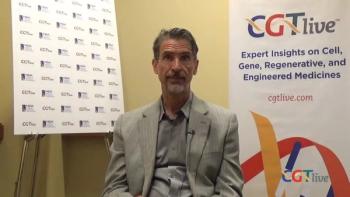
The Lichtenstein professor of neurology at University of Miami Miller School of Medicine discussed research his lab is pursuing and its applications.
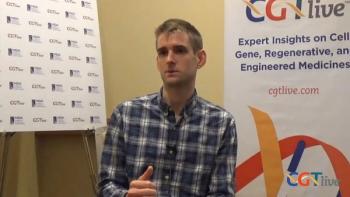
The postdoctoral scholar at University of California – Irvine discussed further questions he is continuing to investigate.

In the phase 3 EMBARK trial, treatment with SRP-9001 improved secondary outcomes of time to rise, microdystrophin expression, and 10-meter walk/run.
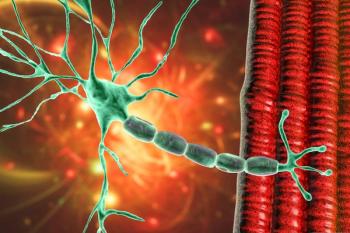
Avidity is currently enrolling in the phase 3 HARBOR trial, which it expects to initiate in the second quarter of 2024.
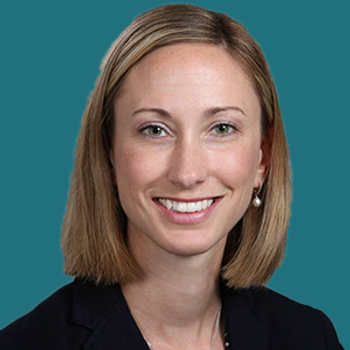
Updated data from the RESPOND study evaluating Spinraza in patients with SMA after onasemnogene abeparvovec were presented.

Sandra P. Reyna, MD, the chief scientific advisor and head of global medical engagement for SMA at Novartis, discussed data from the phase 3b SMART clinical trial (NCT04851873) that were presented at MDA's 2024 conference.
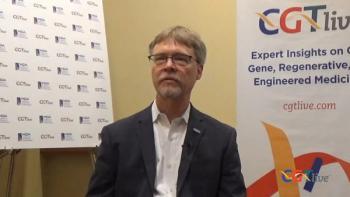
The director of the Manton Center for Orphan Disease Research at Boston Children’s Hospital discussed takeaways from a session on rare disease gene therapy at MDA.
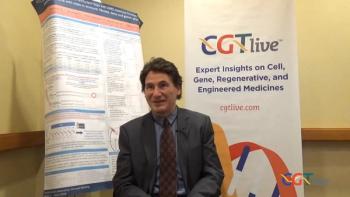
The lead scientist at Percheron Therapeutics discussed the design of the study assessing proteomics of ATL1102.
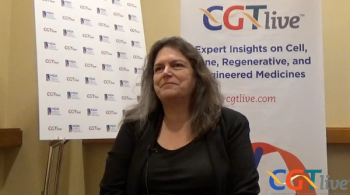
The professor of microbiology, immunology, and molecular genetics at UCLA discussed how a better understanding of treatment impact on a cellular level could help improve future gene therapy approaches.
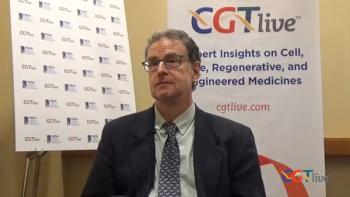
The deputy director, Division of Rare Diseases Research Innovation, NCATS, NIH, discussed initiatives including the BGTC and the platform vector gene therapy project.